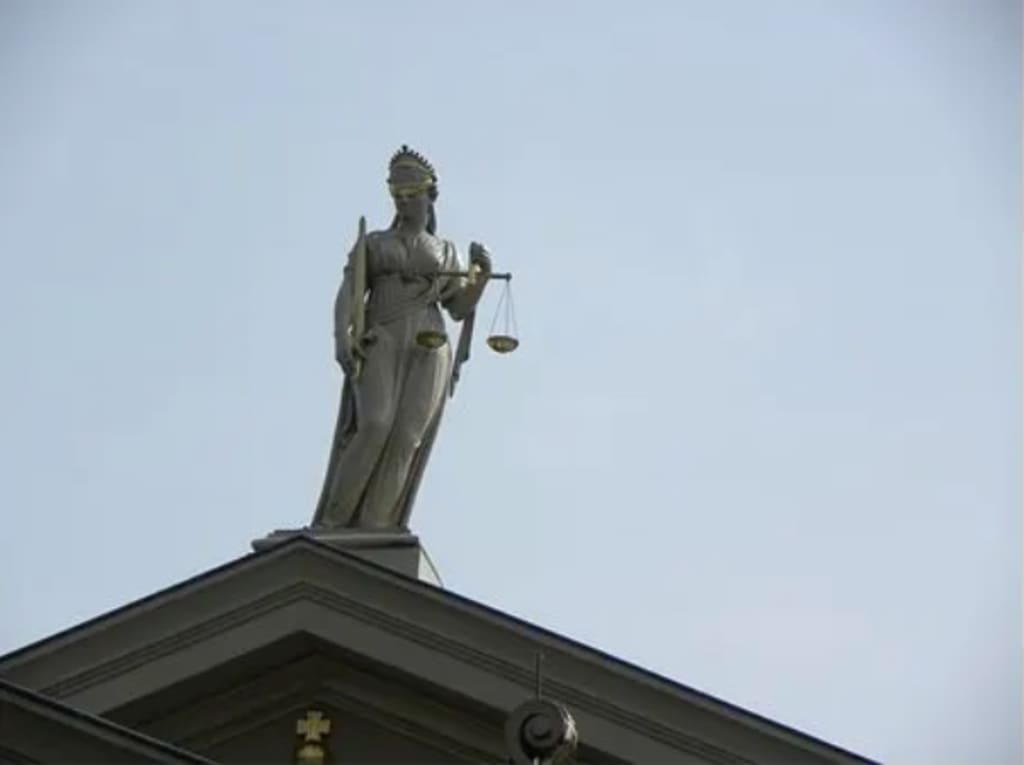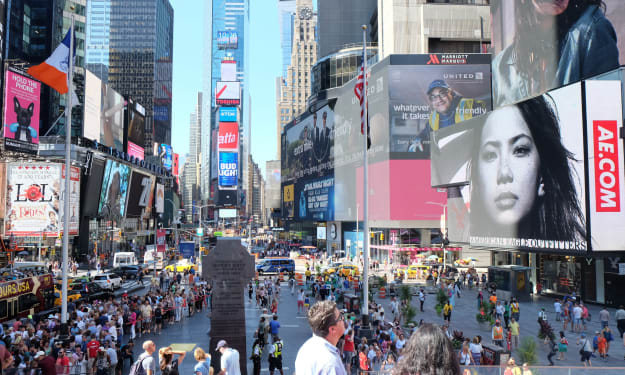Reforming British Police Organization
How do we improve policing?

A few things most will agree with; Britain is a relatively small geographic area. Britain has a relativity large population. The population of Britain is largely concentrated in specific high density locations, i.e. cities. Vast amounts of police time and cost is devoted to paperwork and administration, both of the police force itself and the administration of court systems. The existing police forces have to cover a very wide range of legal and social issues, from terrorism to racial discrimination; from cars doing 5mph over a specified limit to illegal traveller camps; from domestic violence to multimillion pound frauds; from huge scale drug dealing to children riding bicycles on the pavements; from minor traffic accidents to nuclear melt down at a power station.
A few things that some will agree with, while others will disagree. The present structure and organisation of British policing is out of date. The present higher levels of British police management have shown themselves to be political. The recent cases where obvious fictitious allegations against establishment figure and prominent politicians were given publicity and vast amounts of police effort for political reasons rather than legal ones. The majority of the public do not trust the police force to act as they, the public, would hope. A substantial number of the population, who are not criminals, think that if they get into any conflict with criminals, the police will prosecute them the public, rather than the criminals. Many law abiding motorists consider the police as enemies rather than saviours. The proportion of police officers on active crime prevention duty, at any one time, is too small a percentage of the total police force. The criminal justice system is about the law, not justice. The legal profession make themselves wealthy by the distortion of justice. Parking offences are not crimes.
The road traffic acts and the imposition of such things as speed limits need reform. For example, exceeding 50mph at London end of M11 in rush hour is dangerous, while travelling at 100mph in a modern, well maintained car at Cambridgeshire end of the M11 at 2 AM is not, yet the existing law makes the less dangerous one the illegal act. This is a matter for parliament. The contention of this essay is the organisation of the police force.
The existing structure of the police organisation has grown out of county and localised establishments. It is time for a truly national police force, one chief constable, one administration, one pay structure and one public policy. The waste of money and manpower caused by having separate administrations all round the country, each with its own management, is simply out of date and too expensive to be sustained. Modern IT systems should make it possible to have one streamlined administration with all police officers of every rank, able to input their reports direct to a central computer system and equally for all officers to be able to access those reports. We do not need constables reporting to sergeants who report to inspectors who report to assistant chief constables who report to chief constables who choose which other chief constables they talk to and all the time fragmenting the information so that a detective in Essex does not know what a detective in Liverpool has reported about a drug dealer. We should not need front line active police and separate desk bound police. The money saved would enable a very substantial pay increase for actual front line serving officers.
We need to decide what police priorities are throughout the whole nation and the politicians in government should do this, not police officers. One possibility for consideration is to make localised issues, such as domestic violence, antisocial behaviour, etc. the responsibility of local authorities. The existing special constable set up could be transferred to local authorities and they could deal with these localised issues. These localised special constables would be financed through the local authorities and subject to local political control. The national police force to be financed from central government only and subject to elected democratic government control only. This would leave the police force to deal with clear cases of criminality. Similarly the establishment of a national emergency service that embraced road traffic management, ambulance services, air ambulance activities, fire and rescue, coastal sea rescues etc. would free the police from “traffic” duties. Police officers would all be full time and all be employed in the detection and prevention of crime. They would be well paid and free of inter-force rivalries, they could be part of a national force that could form task forces that could track specific criminal activities without needing liaison between metropolitan and various county forces.
About the Creator
Peter Rose
Collections of "my" vocal essays with additions, are available as printed books ASIN 197680615 and 1980878536 also some fictional works and some e books available at Amazon;-
amazon.com/author/healthandfunpeterrose
.






Comments
There are no comments for this story
Be the first to respond and start the conversation.